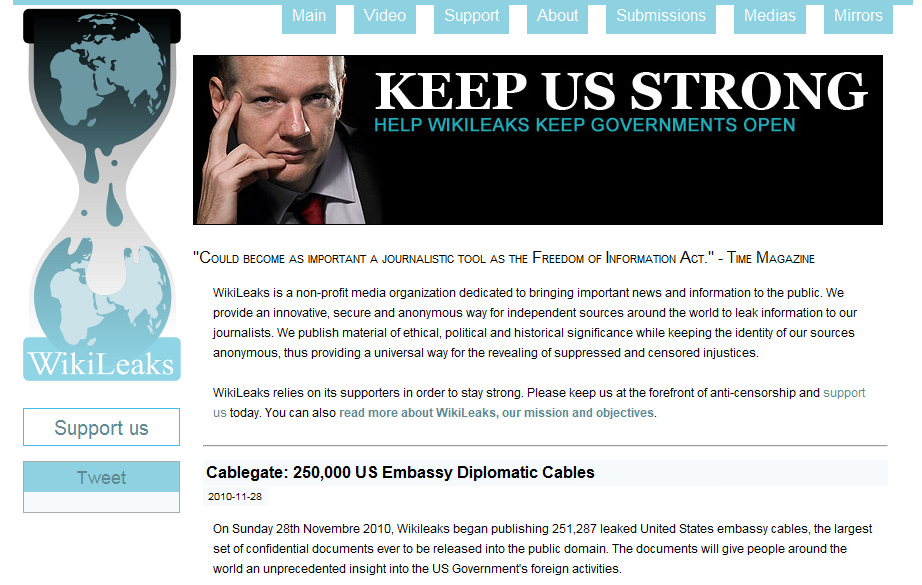
Pielke Cites Catastrophe Model “Politicization,” Gets Caught Up in WikiLeaks Fray
While catastrophe modeling may seem an objective science that relies on data to tell the story, more often than not politics plays a role on loss projections and sets the tone for both the insurance and reinsurance market, according new research co-authored by Roger Pielke, Jr.
Politics is no stranger to the University of Colorado professor, whose name also recently came up as part of the WikiLeaks email disclosures tied to the U.S presidential elections.
According to a study “The Truthiness about Hurricane Catastrophe Models,” Pielke and his co-author Jessica Weinkle argue that catastrophe models are “politically stylized views of the intractable scientific problem of precise characterization of hurricane risk.”
Citing examples from past events and outcomes, the paper published last month says that model creators “use choice and preference for outcomes to develop a model” when they are faced with conflicting scientific theories.
Those choices, in turn, include “political positions on relevant knowledge and the risk that society ought to manage.”
Specifically, Pielke says that the most obvious example of this effect is “the invention” of the RMS 2006 “medium term” forecast that predicted an on average 40% increase in hurricane damage on for the Gulf Coast, Florida and the U.S. Southeast over 5 years.
That forecast, along with the 2011 update, created huge changes to insurers’ and reinsurers’ probable maximum loss [PML] and, as a result, their capitalization, even though Pielke’s argument that various shifts in modeled estimates of risk since that time.
“As we show in an example in the paper, using an idealized portfolio and 2011 models, the PML varied by a factor of 6. All loss estimates within that huge range have a legitimate scientific basis. Science alone did not narrow that range – extra-scientific factors would need to play a role,” Pielke says. “The simplest way [to prevent policing models] is to accurately characterize the modeled solution space.”
Pielke research on catastrophe models and politics ironically was issued at the same time the researcher’s name came up as part of the WikiLeaks dumps tied to hacked emails. The emails revealed an effort on the part of the Center for American Progress to get stop Pielke’ contributions to the popular data journalism site FiveThirtyEight.
Pielke stopped writing for FiveThirtyEight in 2014.
“Yes, very surprised to find my name in there,” Pielke says. “Not so surprised that there was an organized, political effort to delegitimize me. The Center for American Progress wrote more than 160 articles about me over years, trashing me and my work. It seems a bit overkill to devote this amount of effort against a professor who published widely cited research in the peer reviewed literature – that is a bit baffling. But in today’s science if you can’t counter the argument, then dirty politics are a fall back. “
However, Pielke defends FiveThirtyEight founder Nate Silver regarding some of the political pushback he is currently receiving regarding his own model despite Pielke feeling of being abandoned by Silver.
“Silver and other election forecasters would improve their work by showing uncertainty measures in their predictions,” Pielke says. “In this way they suffer some of the exact same flaws as we identify in our paper related to cat models. We should not be afraid to show uncertainties; it is valuable information.”
Risk Market News Newsletter
Join the newsletter to receive the latest updates in your inbox.





